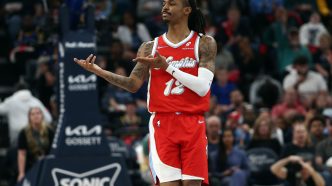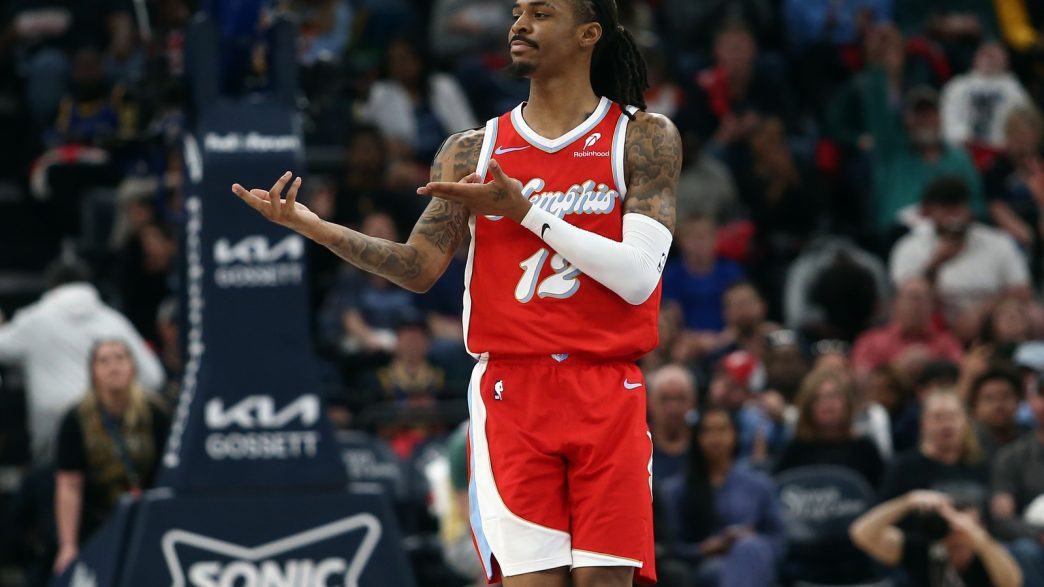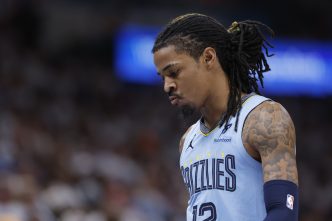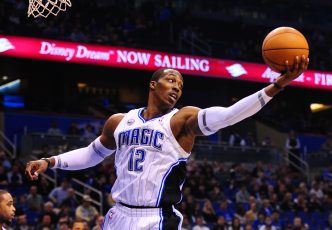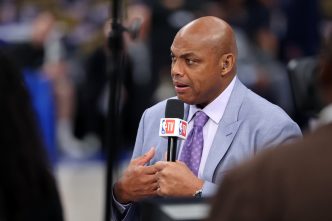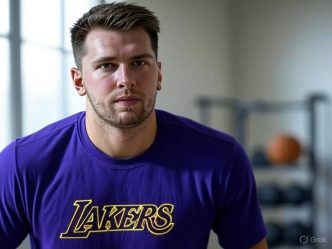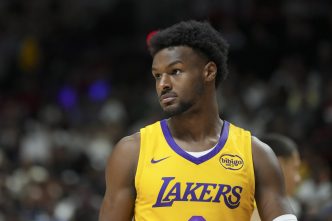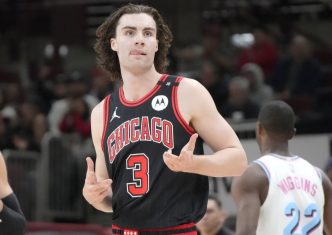The spotlight is firmly on Ja Morant once again, and this time it’s not just about what he can do on the court. His recent actions, especially a gun gesture celebration during a nationally televised game, have brought him back to the center of controversy. Morant, who is quite familiar with the complexities of fame and scrutiny, finds himself at a critical juncture in his career—one that could determine the trajectory of both his individual legacy and the future of the Memphis Grizzlies.
In a league that thrives on star power and electrifying performances, Morant’s talent has rarely been in question. His ability to sink game-winners, like the one in Miami, is a reminder of why he has captured the attention of basketball fans nationwide. However, his questionable choices off the court are making it increasingly difficult for him to shake off a problematic reputation, one that seems to overshadow the highlights and spectacular plays.
The NBA has taken notice of Morant’s gun gesture—an act that warranted a hefty fine of $75,000. This move came right after he received a warning from the league about similar behavior. It’s troubling to see Morant seemingly ignore the guidance from the league office, raising questions about his impulse control or desire to push back against authority. The stakes are high, as he’s known for being a pivotal player, not just for the Grizzlies, but for the entire league, and this reckless behavior puts his career at risk.
Morant has expressed that he feels like a villain in the league—”I’m kind of used to it,” he said after the Miami game. This sentiment suggests a certain level of internal strife. Yet, far more people root for his success than otherwise, emphasizing that his real battle may be “Ja vs. Ja.”
The NBA has always walked a fine line when dealing with issues surrounding its players, particularly in an era where the intersection of sports and social issues is frequently under the microscope. As it grapples with concerns about societal influences and the portrayal of athletes, it’s clear the league is invested in Morant’s future. The groundwork has been laid for him to learn and grow, yet he has been absent from key moments—the two most recent All-Star weekends, the Olympics, and crucial playoff runs—where public perception can be transformed.
Sure, Morant has delivered some dazzling performances, displaying the skills that left fans in awe. Yet, too often, he’s in the headlines for reasons that draw attention away from his on-court talent. Incidents like flaunting firearms on social media and details emerging about alleged altercations linger in the public memory longer than his standout dunks or game-clinching shots.
Historically, the league’s environment is different now than it was during Kevin Garnett’s time, when expressions of toughness in the form of post-game comments didn’t face the same kind of scrutiny. Yet, the focus is sharper than ever on Morant, and while it seems inconsequential compared to carrying an actual weapon, the perception of his behavior is what truly matters.
The Grizzlies’ fortunes rested on Morant’s young shoulders just a few seasons ago when he was thrust into the playoffs against the Golden State Warriors and showed he could shine. Fast forward to the present, and injuries and off-court issues have significantly derailed both his and the team’s momentum. He’s played in just 40% of the games since the previous season’s start, which is troubling for any athlete aiming for greatness.
Interestingly, while Morant has found himself in numerous controversies, the NBA has consistently offered him chances to improve. Most recently, the league refrained from fining him for a conversation that occurred during an investigation—a strategic move that indicates the NBA recognizes the potential in Morant. However, there is a limit, and the league can’t significantly overlook his missteps forever.
Looking ahead, both Morant and his team have responsibilities that extend beyond individual optics. The Grizzlies are managing broader issues that need addressing, coupled with the challenge of keeping a franchise player focused and accountable. As the league navigates its future stars, it’s evident that names like Morant, Zion Williamson, and Anthony Edwards are key to maintaining the NBA’s allure. However, as history has shown, potential alone isn’t enough; action and consistent performance on the court are critical.
The NBA wants to support Morant. They know the great narrative is not about villainy; it’s about redemption. For Morant, he has the chance to redefine his legacy and reshape how fans and the league view him—if he can step away from the distractions and focus on what truly matters: basketball. The chance for Morant to clean up his image and emerge as a leader is within reach, but it’s a delicate balancing act he needs to master.
The players’ pasts can be complex, but it’s time for Morant to recognize the weight of his decisions. There’s a world of opportunity waiting for him, but he needs to understand that the rules apply to him, too—because it can’t just be him against everyone else if he wants to thrive in the league.

